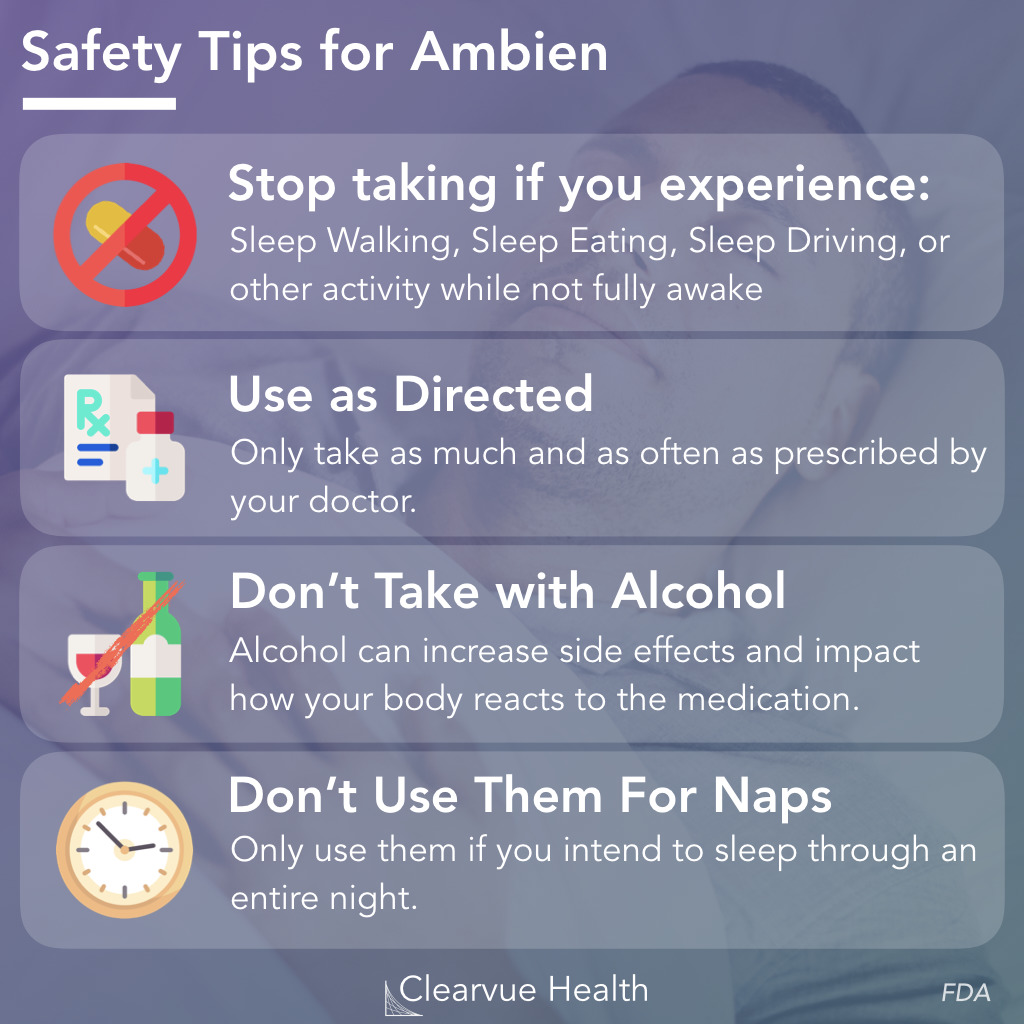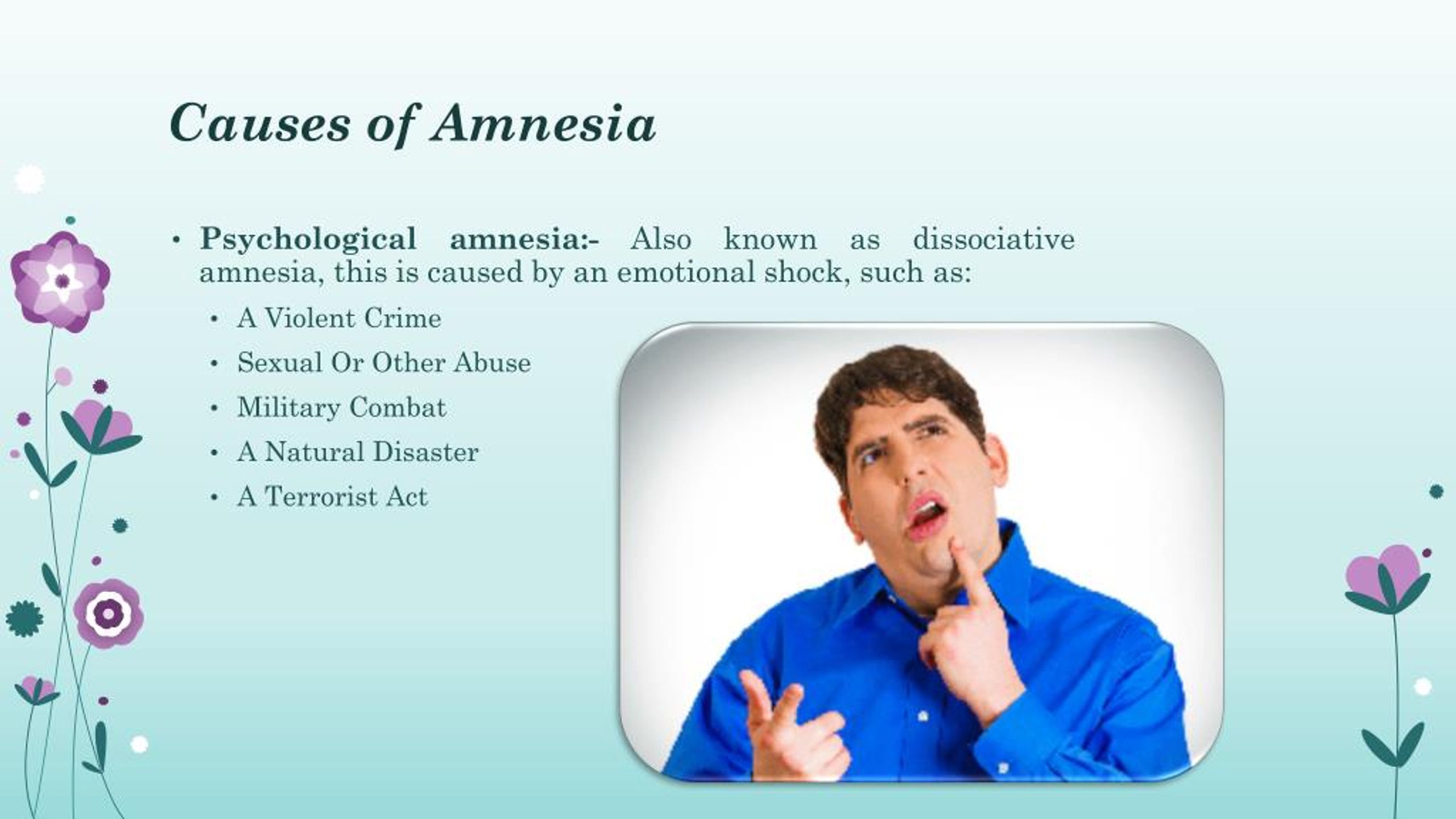

Before bed, giddy with the idea that you will finally be able to fall into a deep slumber, you take your Ambien and lie down for a good night’s rest. I have not been able to sleep for days on end.” Your well-informed doctor then might willingly prescribe you Ambien, a commonly-used sleep aid. You might say to them, “Doctor, I think I have insomnia. She took a break, but was soon back to taking it regularly, filled with rationalizations for her erratic behavior (All 20-somethings take drugs!) It wasn’t until she was found wandering the Brooklyn streets in the middle of the night, nearly naked, that she was able to give it up for good.As many college students may think they have a sleeping disorder, it would be logical to consult a doctor. That situation, though jarring, was not enough to get her to give up Ambien the high was too good. Neither she nor the stranger had any recollection of the events of the previous night. Her pillows were bloody, and there was a stranger, naked and wrapped in a rug, on her floor. She continued taking the pill and staying awake regularly until one morning she woke up with two black eyes and a cut across her nose.
#AMBIEN SLEEP AMNESIA HOW TO#
“It's like having that last drink at the bar when you know you should go home - I'd fight the pill's effects and stay up, often telling my friends insane things like how to turn the light in the room into energy, or how paintings of forest scenes on their walls were actually drawings of mermaids bathing themselves in blood,” writes one young woman whose addiction to Ambien caused increasingly bizarre and alienating behavior. Most recreational users started out taking the drug to treat insomnia, but found that if they fought the drug’s sleep-inducing effect, they could get really high. And some people enjoy the high they get from the drug so much that they are willing to overlook the blackouts and negative consequences that result from their drug use. Not everyone who engages in bizarre behavior as a result of taking Ambien ends up in legal trouble. The whole motivation for taking Ambien in the first place is presumably to cause unconsciousness so this defense doesn't really apply either. Finally, there is the “unconsciousness/sleepwalking” defense, in which the person is not responsible for the crime if he did not intentionally cause the sleepwalking or unconsciousness. The defendants knowingly took the medication, and the reactions, although surprising, were not unpredictable because they are listed as potential side effects in the prescribing information. Nor does the Ambien defense fit under “involuntary intoxication,” which is when someone commits a crime after being drugged without his knowledge, or has an unpredictable reaction to a prescribed medication. The Ambien defendants knowingly took the drug, but they were not aware that they were drugging themselves in a way that could produce anything other than sleep. It doesn’t really fall under “voluntary intoxication,” in which someone is responsible for his own intoxication and any events that occur as a result of that intoxication. Not all prosecutors will consider the Ambien defense, and its position within established criminal rules is tenuous.
#AMBIEN SLEEP AMNESIA LICENSE#
Her license was suspended for a year, however, and she had to pay upwards of $9,000 in legal fees. Prosecutors dropped the charges and allowed Lindsey to plead to the lesser charge of careless driving, which meant that she could keep her security clearance. The next morning, you may not remember that you did anything during the night…Reported activities include: driving a car (“sleep-driving”), making and eating food, talking on the phone, having sex, sleep-walking.” In fact, the lawyer argued, Schweigert should have been taken to a hospital, not to jail.

Prosecutors initially wanted to impose a six month jail sentence in addition to other punishments, but Schweigert’s lawyer argued that Lindsey’s bizarre behavior on the night in question was a result of a medication which warned right on the label that “After taking AMBIEN, you may get up out of bed while not being fully awake and do an activity that you do not know you are doing. She had never been in trouble with the law before and was terrified of losing her job and having a criminal record. Schweigert had a job that required a security clearance.


 0 kommentar(er)
0 kommentar(er)
